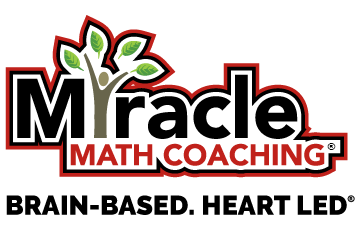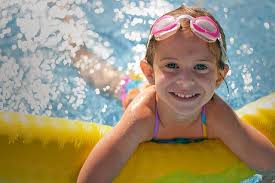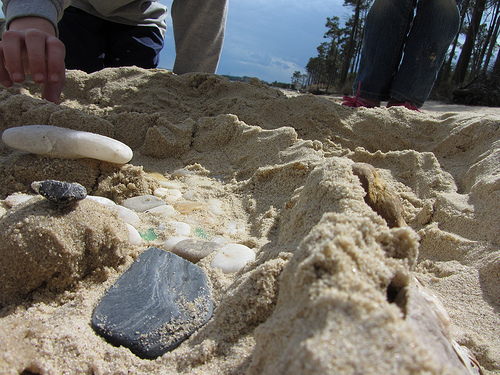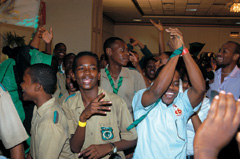Staying Sharp on Vacation
Smart parents know that keeping their sons and daughters mentally stimulated during summer is a must. But what do you do when the family’s on vacation – away from the community library and summer school classrooms?
You have lots of options.
And you don’t need to break the bank to offer your children and young adults an educational experience during a vacation. Here are eight ways to ensure your students are learning as you travel –
1) Encourage reading and writing even before you leave your house by asking your students to research the destination and decide what attractions or activities they want to experience. Even better is providing them with novels and stories set in the place you’re planning to visit.
2) Hone your children’s math skills by helping them set up a personal budget for the adventure. Before the trip, they can earn funds by assisting around the house and doing chores for neighbors. Parents then can help them decide what percentage of their vacation budget to spend on items, such as food and souvenirs. During the trip, they can keep running totals of their balances.
3) Develop math problems associated with common travel destinations. Even visiting amusement parks can provide a learning opportunity, especially for older students. Since roller coasters operate through the laws of physics, help teens determine speeds, times and amount of force for various rides. (You may need to brush up on the formulas yourself to arrive at the right answers).
Or, you can help kids estimate how much popcorn or soda is sold during the day, given a certain set of parameters (how much an average person eats or drinks and how many people are in the park).
4) National parks are great places to learn about flora and fauna, wildlife and nature in general. Before your trip, have students research the park and report on what geographical areas they’d like to see and what they’d like to do.
Hiking, fishing and camping can even get the mental gears turning if you pose some questions to ponder – How long does it take to hike to a destination, given a certain pace? How many fish do you have to catch to feed 12 people, given how much a person will eat and the weight of the fish? How many different kinds of plants can be identified near a campsite? Check out Parks for Play, a brochure showing how kids can enjoy National Parks.
Or, you can help kids estimate how much popcorn or soda is sold during the day, given a certain set of parameters (how much an average person eats or drinks and how many people are in the park).
5) Persuade them to read out loud the signs, brochures and pamphlets that provide information when you’re at Six Flags, the zoo or the aquarium. Talk about what they’re reading and ask them lots of questions about what they see.
Also, road trips are great opportunities for reading. Stock the car full of books, magazines and comic books. And if you’re traveling through a famous stretch of highway – a national park or highways like Route 66 – make sure some of the reading material covers those places.
6) Bring along board games like Scrabble, Monopoly or Boggle to keep young ones away from the television in the hotel; most games have “Junior” versions for little ones.
7) If you do have big bucks (or you want to daydream), check out destinations that provide academic experiences wrapped inside of vacations. For example, the Crow Canyon Archaeological Center in Cortez, Colorado offers a week-long camp during which a family can participate in an archaeological dig.
Kids and parents work alongside archaeologists to unearth treasures from the Pueblo Indian culture. Families learn about the culture through their discoveries and through story telling.
The cost is $1,150 for adults, and $950 per person for kids aged 12 to 17. Prices include accommodations and food but not transportation to the site. http://www.crowcanyon.org/ or call 800-422-8975.
And Disney Resorts offer a Youth Education Series, during which experts teach physics, math and practical applications associated with “the fantasies created at Disney Resorts.” Parents can even download workbooks in advance. For more information, check out http://www.disneyyouth.com/youth-education-series
8) Help your students capture the memories of the trip. Spearhead a project – a scrapbook or poster collage or video – that gives them an opportunity to use language and art skills. Relive your great times together while showing them how to gather information, choose graphics, create art and write narratives about their adventure. No need to make it complicated.
With a little forethought, some of the most effective ways to help your student maintain an academic edge during vacation are some of the easiest.







